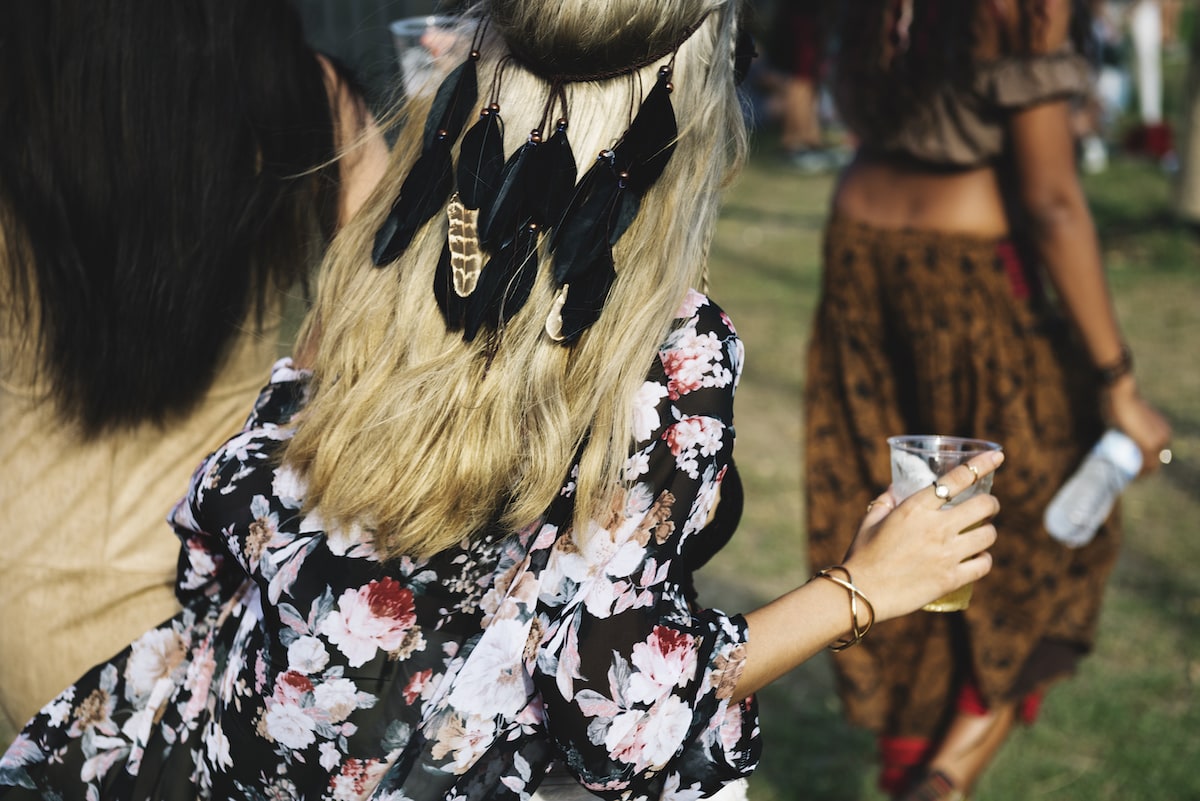
Alcohol is A-OK, but Cannabis is Still Taboo in So Cal
By Sharon Letts
For the past several years event organizers in the City of San Diego have been successfully conducting cannabis events, without incident; with the San Diego Cannabis Farmers Markets and the San Diego Local Sesh, just two of the most consistent and well-organized, ongoing public events, hosting hundreds of attendees, with private security on hand.
Without incident is worth repeating twice, as cannabis events have traditionally been without attendee altercations, and no police intervention needed – unlike events where alcohol is served.
San Diego’s upcoming Earth Fair event in Balboa Park will host a Cannabis Village for the second time, April 22, although the city will not allow any form of cannabis. With California legalized for adult use as of January 1, 2018, the City of San Diego has declared no public events will allow cannabis sale or consumption.
That said, the City of San Diego has an entire page dedicated to rules of the “Beer Garden” on its website, detailing permitting of alcohol consumption allowed at public events.
Alcohol = Violence
In a report from the Washington Post (Oct. 2015), titled “A quietly escalating issue for NFL: Fan violence and how to contain it;” a map of the country shows the most arrests per city, naming San Diego with the most arrests per game during 2011-2015, at 24 per game. The article sites that the parking lots are the most unruly, where “alcohol consumption goes largely unmonitored.”
The article goes on to say that per-game arrests over the past five seasons were the highest at San Diego’s Qualcomm Stadium, where police instituted stricter policies in 2013 following a violent altercation where glass beer bottles were thrown.
In 2007, after hundreds brawled in a drunken altercation in Pacific Beach, it caused the city to enact a one-year trial banning alcohol from the beach. A year later, Proposition D was passed by residents for alcohol-free beaches, with great success.
According to the National Council on Alcoholism and Drug Dependence (NCADD), there is a direct correlation to alcohol, drugs and violence, with 80 percent of offences leading to incarceration; and 40 percent of all violent crimes directly related to alcohol consumption, specifically.
Nationally, more than one million people are arrest annually for driving while intoxicated – which is also the most commonly reported crime in the U.S; with 40 percent of all traffic fatalities alcohol related.
A study on driving under the influence of cannabis at the University of Iowa in 2015, concluded that drivers under the influence of alcohol weaved more during a 35 to 45 minute simulated driving test than those who consumed vaporized cannabis.
In 2015, Washington DC Police Chief Cathy Lanier shared that she was relieved the district legalized cannabis (per a vote in Congress), stating via Vox, “All those [marijuana] arrests do is make people hate us. Marijuana smokers are not going to attack and kill a cop. They just want to get a bag of chips and relax. Alcohol is a much bigger problem.”
Yet, “Beer Garden” participants drive home from San Diego events on a regular basis, with NBC in San Diego reporting, DUI deadly car crashes increase every year; with 16 highway deaths in 2016; and more than 10,000 DUI arrests made in the city each year.
Alcohol vs. Weed = No Contest
Yet, cannabis events, with thousands of attendees partaking, go off without a hitch. Greenstate.com reported in February, 2018, that the world’s largest cannabis event, The Emerald Cup in Santa Rosa, now 14 years running, with 25,000 attendees putting away poundage in flower, dabs, and edibles, had no violence, no arrests, no hospitalizations, and no one died.
While critics of all things cannabis stir the pot of fear regarding cannabis events, screaming, “What about the children?” Cannabis events are statistically peaceful, while its alcohol-laden cousins are brawling in the streets, landing in jail, or dead on the highway.
Education is key in turning around ignorant beliefs regarding cannabis consumption. Knee-jerk bans in cities and counties throughout newly legalized states is a given. Eastern Washington is a good example, as they initially banned safe access to cannabis; with that conservation demographic of the state now on board – not to mention its fiscal base is thriving.
When a state legalizes, that edible eaten for recreation quickly becomes a medible, and people begin to heal. Minds are changed, and laws need to be adjusted to suit the needs of the people.
During this first year of California legalizing, the cannabis community must wait for its citizens to realize the “evil weed” is just so much “Reefer Madness,” based on misinformation.
And while the City of San Diego plays politics over facts, while dealing with its on-going drunken violence via legal alcohol consumption; the cannabis community will wait for the freedom to partake peacefully.


It’s not because they legitimately think it’s unsafe. It’s because they don’t like the kind of people that they think of when they think “pot smoker”. They are trying to avoid seeing or thinking about those people and this ban is a way to try to do that.
Horrified to hear that beloved area of our country has such ignorant misguided legislators who persist in corruption that weighs down every society. It’s always the patient who loses and the legislators who pocket the wins. Those legislators are science deniers and must be removed from office. Just like the Big Liars of 2020 and Jan. 6. They don’t have the means to govern our society with inherits.
Integrity…